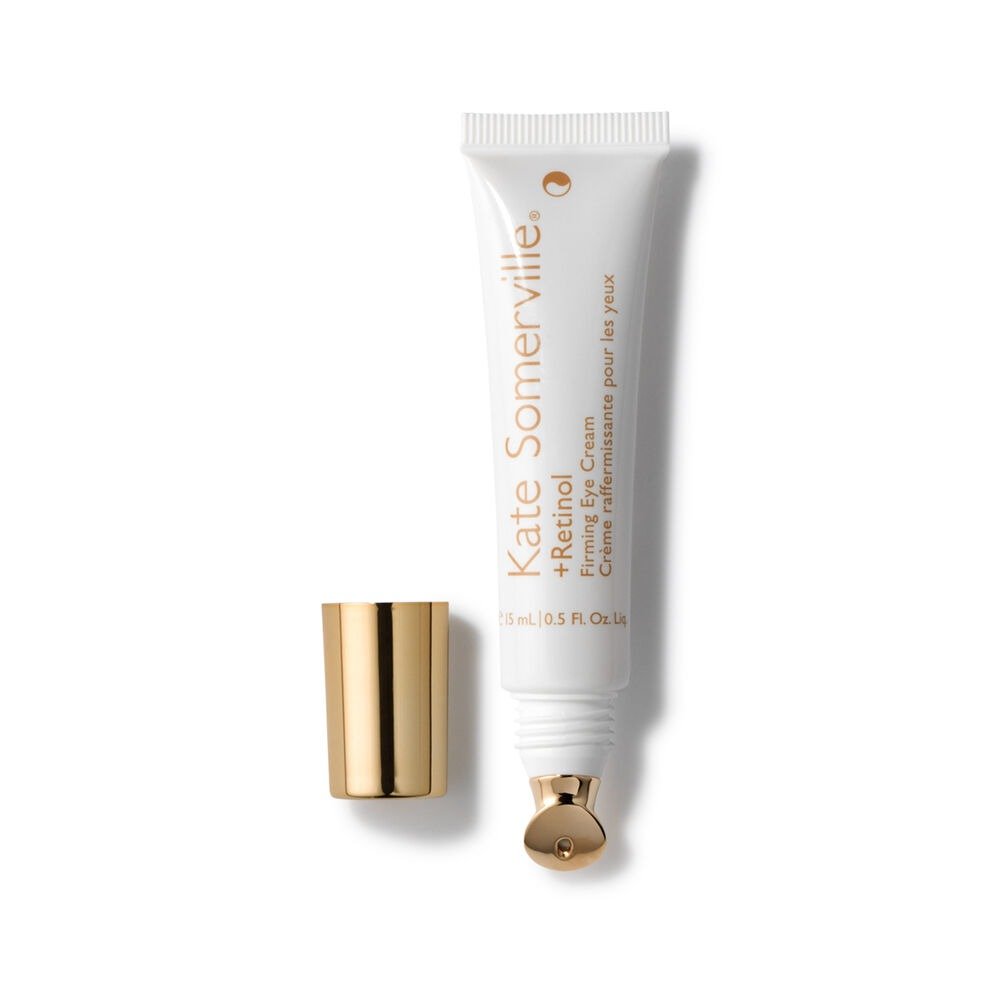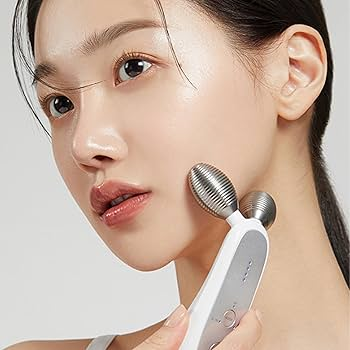Can You Use Retinol in The Summer?
Summer is here, and with it comes the question: is it safe to use retinol in the summer? Retinol is a powerful skincare ingredient, but does using it during the warmer months increase your risk of sun damage? Let's dive in and discuss what retinoids are, their potential benefits and drawbacks, and the best approach to using them in the summer.
What are Retinoids?
Retinoids are a class of synthetic and natural compounds derived from vitamin A. They work by increasing cell turnover and promoting collagen production, which helps to reduce the appearance of fine lines, wrinkles, and skin discoloration. Some common forms of retinoids are retinol, retinaldehyde, and prescription-strength tretinoin.
When Should You Use Retinoids?
Retinoids are often recommended as part of an evening skincare routine because they can break down in sunlight, reducing their effectiveness. Start by applying a pea-sized amount to clean, moisturized skin at night, allowing the product to fully absorb before continuing with your usual routine. It's essential to introduce retinoids slowly, using them one to two times per week initially and gradually building up to more frequent use as your skin adjusts.
Do Retinoids Increase Sun Sensitivity?
One crucial detail to know about retinoids is that they can increase your skin's sensitivity to the sun. This occurs due to the increased cell turnover that leads to more delicate, newer skin being exposed. Sunburn and sun damage are possible risks if proper precautions are not followed, which becomes even more important during the sun-soaked summer months.
Can You Use Retinoids in the Summer?
The short answer is yes, you can use retinoids in the summer. However, you must exercise caution and protect your skin from the sun. Ensure you apply a broad-spectrum sunscreen with a minimum SPF of 30 every morning and reapply it throughout the day as needed. Investing in a wide-brimmed hat and seeking shade when outdoors is also highly recommended.
If you're new to retinoids or have sensitive skin, consider starting with a lower concentration and increasing as your skin adjusts. Some may prefer to use retinoids less frequently during the summer months and increase usage in the fall and winter, when sun exposure is less intense.
Top Retinol Products
When it comes to using retinol during the summer, quality is key. Here are a few highly-reviewed products to consider:
Kate Somerville + Retinol Firming Eye Cream
A lightweight, fast-absorbing eye cream that helps to reduce the appearance of fine lines and wrinkles. Formulated with 0.25% retinol and marine algae extract, this cream firms, brightens, and conditions the delicate skin around the eyes while providing antioxidant protection against environmental stressors.
SkinCeuticals Retinol 0.3
A lightweight and fast-absorbing treatment that helps to reduce the appearance of wrinkles, fine lines, and discoloration. Formulated with 0.3% retinol for beginner retinol users, this product promotes cellular turnover for smoother skin texture, encourages collagen production for firming, and helps to even out skin tone.
SkinCeuticals Retinol 0.5 Refining Night Cream
A hydrating anti-aging treatment that helps to reduce the appearance of wrinkles and discoloration. Formulated with 0.5% retinol, this cream also boosts cell turnover for smoother texture, encourages collagen production for improved firmness, and helps to even out skin tone but in a slightly stronger formula.
SkinCeuticals Retinol 1.0 Maximum Strength Refining Night Cream
A powerful anti-aging treatment that helps to reduce the appearance of wrinkles and discoloration. Formulated with 1% retinol, this product boosts cell turnover for smoother texture, encourages collagen production for improved firmness, and helps to even out skin tone but its higher percentage is for those who have already been using retinol for some time. Additionally, this cream is enriched with a blend of antioxidants for additional protection against environmental stressors.
What Not to Pair with Retinol?
While retinol is a potent skincare ingredient, it's essential to be mindful of what you pair it with to avoid potential adverse reactions. Certain substances and products may interact negatively with retinol, diminishing its efficacy or causing irritation. Here's what you should avoid pairing with retinol:
Combining retinol with benzoyl peroxide, a common acne-fighting ingredient, may lead to excessive dryness and irritation. If you use both, consider applying them at different times of the day.
While vitamin C offers antioxidant benefits, using it simultaneously with retinol may cause skin sensitivity. To avoid potential irritation, use these ingredients on alternate days or at different times.
Excessive exfoliation can increase the risk of irritation. Avoid using products containing alpha or beta hydroxy acids on the same days as retinol. Instead, alternate their usage to prevent overexfoliation.
Abrasive physical exfoliants, such as scrubs with large particles, can exacerbate irritation when used alongside retinol. Opt for gentler exfoliation methods to avoid overstimulating the skin.
Certain Prescription Medications:
Some prescription medications, particularly those containing ingredients like salicylic acid or benzoyl peroxide, may interact negatively with retinol. Consult with your healthcare provider for guidance on combining prescription skincare.
Being mindful of what you pair with retinol ensures a harmonious skincare routine that maximizes benefits while minimizing the risk of irritation. Always perform a patch test when introducing new products to gauge compatibility.
Conclusion: Can You Use Retinol in the Summer?
Yes, retinol can be a part of your summer skincare routine, provided you take the necessary precautions to protect your skin from increased sun sensitivity. Be diligent with sunscreen application, seek shade when outdoors, and use high-quality retinol products that best suit your skin type.
When Should You Avoid Retinol?
Understanding when to avoid retinol is crucial for a safe and effective skincare routine. While retinol offers various benefits, there are situations where its use may not be advisable. Consider the following scenarios:
Pregnant or breastfeeding individuals are often advised to avoid retinol, as high levels of vitamin A can potentially harm the developing fetus or be transmitted through breast milk. Consult with a healthcare professional for personalized advice.
Skin Sensitivity and Irritation:
If you are experiencing significant skin sensitivity, irritation, or conditions such as eczema, it may be wise to avoid or limit the use of retinol. Introducing retinol slowly and in lower concentrations can help assess skin tolerance.
Some medications may interact negatively with retinol, leading to adverse effects. If you are taking medications for skin conditions or other health issues, consult with your healthcare provider to determine whether retinol is compatible.
Recent Dermatological Procedures:
Individuals who have recently undergone dermatological procedures, such as chemical peels or laser treatments, may need to avoid retinol temporarily. The skin's barrier may be compromised, making it more susceptible to irritation.
Always consult with a healthcare professional or dermatologist if you have concerns about using retinol in specific situations. Personalized advice ensures that you make choices aligned with your individual health and skincare needs.
At But More Importantly, we make it our mission to provide you with the best advice on products to buy. From how to moisturize your skin in the summer heat to sunscreen basics, sensitive skin routines, and tips for dark spots - we've got it all covered! Our team of experts works diligently to bring you curated content and up-to-date news so that you can make informed decisions when shopping. Plus, we update links regularly so that you don't miss out on the best deals and discounts! When you purchase something through our links, we may receive an affiliate commission. Shop with confidence knowing that all of our editorial products have been selected independently.


















